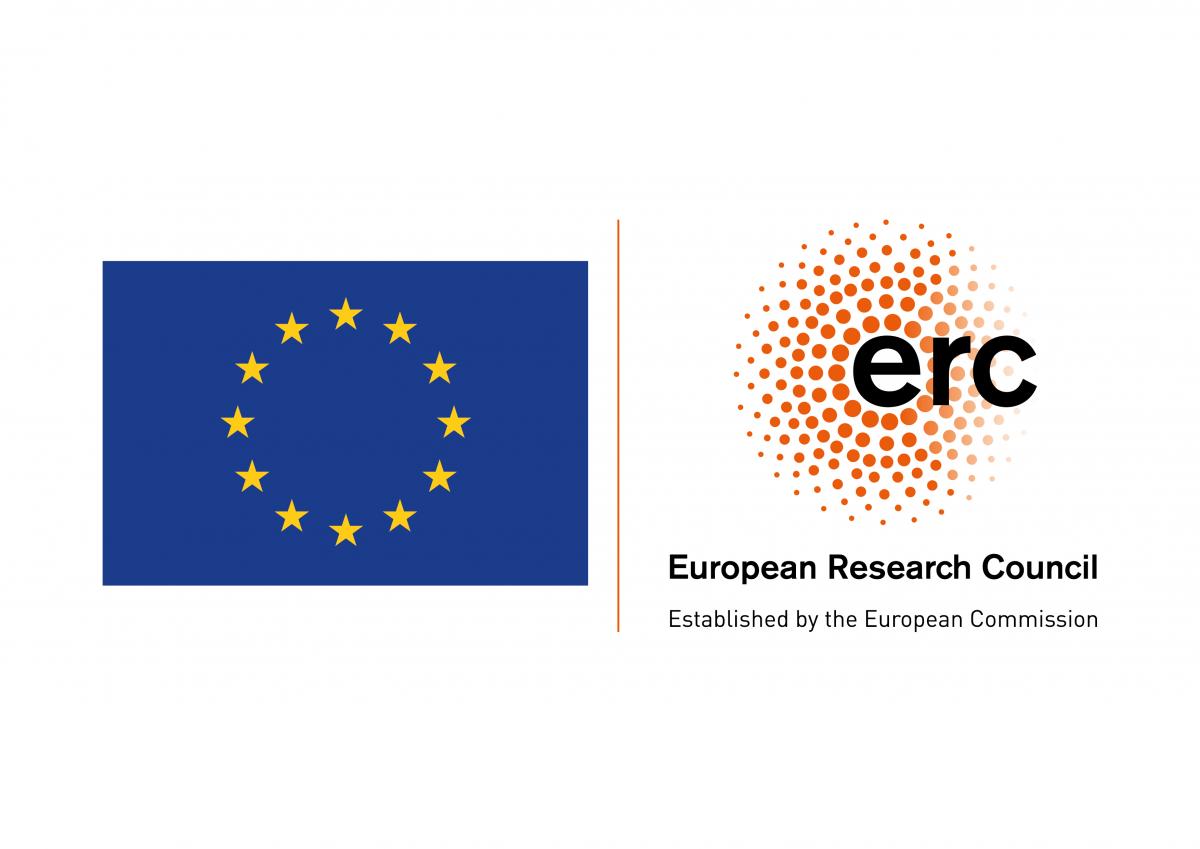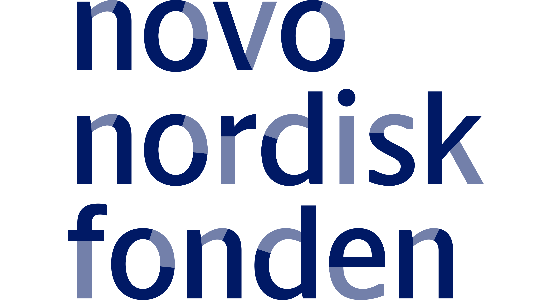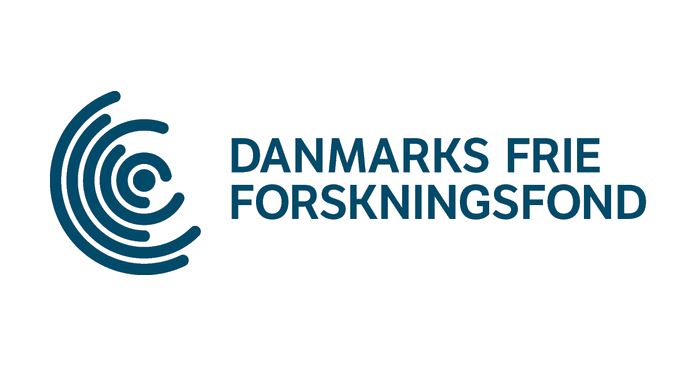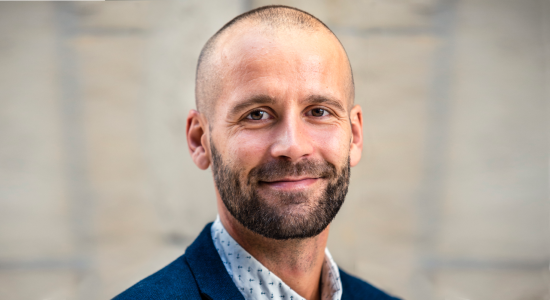Protein Analysis Group
In the Protein Analysis Group, we specialize in-depth and comprehensive analysis of proteins of pharmaceutical interest by mass spectrometry (MS). This includes analysis of the structure (primary and higher-order) and interactions of proteins, quantity of proteins in complex samples in addition to development of new MS-based analytical workflows. We aim to provide the much-needed detailed information on protein structure, purity and quality to guide the development of new and improved drugs.
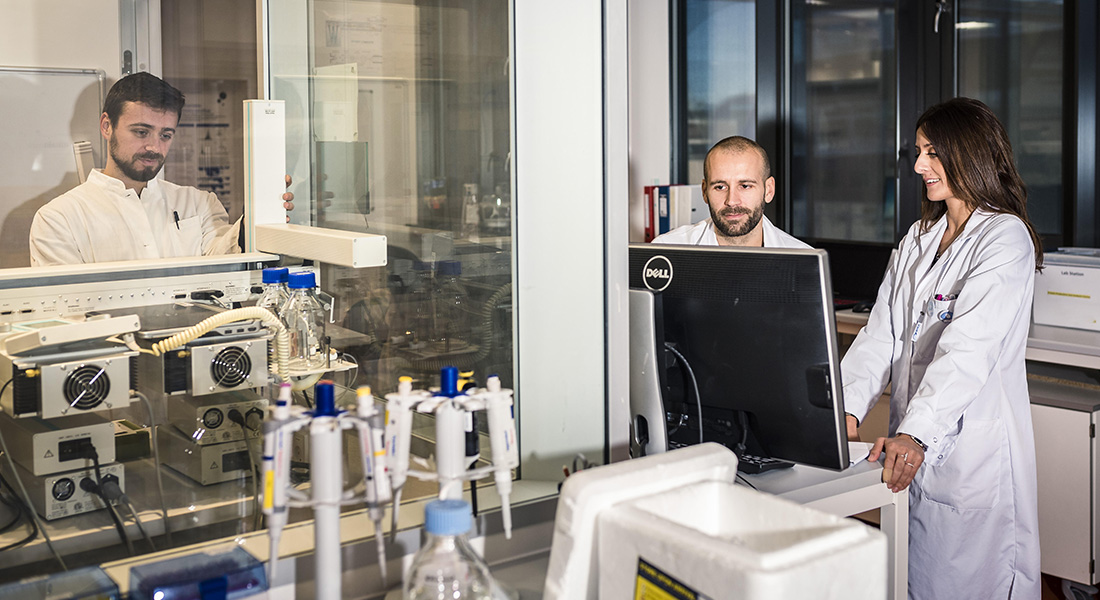
The internationally-recognized expertise and primary focus of the group is the study of protein conformation, dynamics and interactions by measuring the hydrogen/deuterium exchange of proteins by mass spectrometry (HDX-MS).
HDX-MS is a uniquely sensitive and useful technique for analyzing the solution-phase conformation and molecular interactions of proteins that are of key pharmaceutical importance but are difficult to study by traditional methods.
“Such proteins include e.g. unstable or dynamic proteins, large and complex biopharmaceuticals, elusive protein-ligand/drugs interactions or membrane-embedded proteins and most our projects use HDX-MS to provide new exciting insights into such challenging yet very important protein states” says Professor and Group Leader Kasper D. Rand.
The group holds state-of-the-art infrastructure for HDX-MS as well as qualitative and quantitative protein analysis by UPLC-MS. Our motto is that “all good science is collaborative science”. We have multiple academic and industrial collaborators within protein science and in particular have long-standing experience with successfully working at the interface between industrial and academic research. Please see publications of Kasper Rand (below) for recent and past projects.
Membrane transport proteins
In collaboration with the group of Prof. Claus Løland (UCPH) we use HDX-MS to reveal how the conformation of a membrane transporters (LeuT, DAT, SERT) responds to ion and substrate binding. Interestingly, our data allow us to propose a refined alternating access model for substrate transport that relies on the slow partial unwinding of several transmembrane helices – and also reveal how key human membrane transporters interact with drugs. The work highlights how HDX-MS can detect the slow correlated protein fluctuations that can be very important for the function of some proteins, including membrane transporters.
Protein allostery and cancer
In collaboration with the group of Prof. Andreas Ladurner (LMU Munich), we use HDX-MS and mutagenesis to provide molecular insights into the interactions and allosteric regulation of the chromatin remodeler oncogene ALC1 and propose how it can be targeted for cancer treatment.
HDX-MS with a UV laser!
In collaboration with the group of Prof. Perdita Barran at the University of Manchester and Jeff Brown at Waters Corporation, we demonstrate that MS/MS by UVPD at 213 nm can accurately measure deuterium levels in proteins at single residue resolution in HDX-MS experiments.
HDX-MS using a microchip!
In collaboration with the group of Prof. Jørg Kutter at the University of Copenhagen, we have developed a microfluidic chip capable of very fast (millisecond) protein HDX. This “fastHDX” chip is fabricated entirely using thiol-ene photochemistry and can be used to provide a unique glimpse into the elusive protein conformational changes and weak interactions found in many biological systems.
International Society for HDX-MS
Prof. Rand and collaborators have organized the 1st International Conference for HDX-MS which was held in 2017 (HDXMS20217) with great success (150 part.). To support the continuation of this new conference for the vibrant HDX-MS community, we have established the International Society for HDX-MS.
The society has since helped organize the 2nd conference in Canada (HDXMS2019), 150 part.). Prof. Rand currently serves as President/Chair of the society (term expires 2023).
The society (www.hdxms.net) aims to further the use of HDX-MS by framing workshops/community discussions, helping to establish guidelines and share best practices and introduce newcomers to the field.
A recent impactful example of work by the society was the writing of the first community “white paper” on recommendations for performing, interpreting and reporting HDX-MS experiments. The paper was published in 2019 in Nature Methods.
Group members
Internal researchers
| Name | Title | Phone | |
|---|---|---|---|
| Search in Name | Search in Title | Search in Phone | |
| Ammrin Yasmin Ahmed | Laboratory Coordinator | +4531531511 | |
| Andreea Neamtu | Master Thesis Student | ||
| Anton Berg Hansen | External, Ph.d Student | +4524499708 | |
| Jordan Thomas Aerts | Postdoc | +4535330974 | |
| Julia Yee Nam Cheung | Master Thesis Student | ||
| Kamille Celica Staack | Master Thesis Student | ||
| Kasper Dyrberg Rand | Professor | ||
| Omid Rouhi | External, Ph.d Student | +4535324986 | |
| Polina Zhdanova | PhD Fellow | ||
| Sofia Zerva | PhD Fellow | +4535327713 | |
| Victor Cheng Yin | Assistant Professor - Tenure Track | +4535333569 |
| Name | Title | Phone | |
|---|---|---|---|
|
Laboratory Technician |
+4535331090 |
||
|
PhD student |
+4535337389 |

